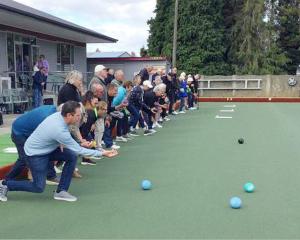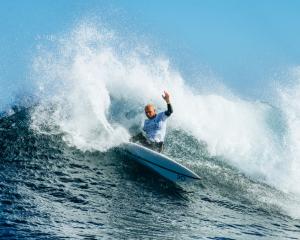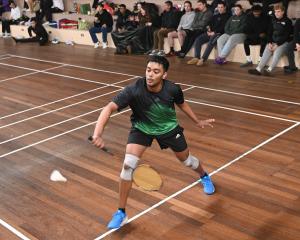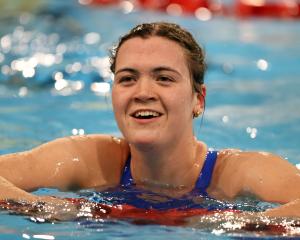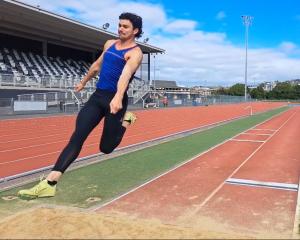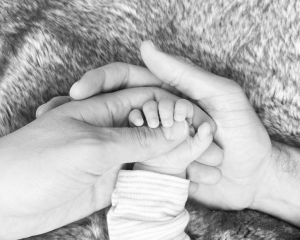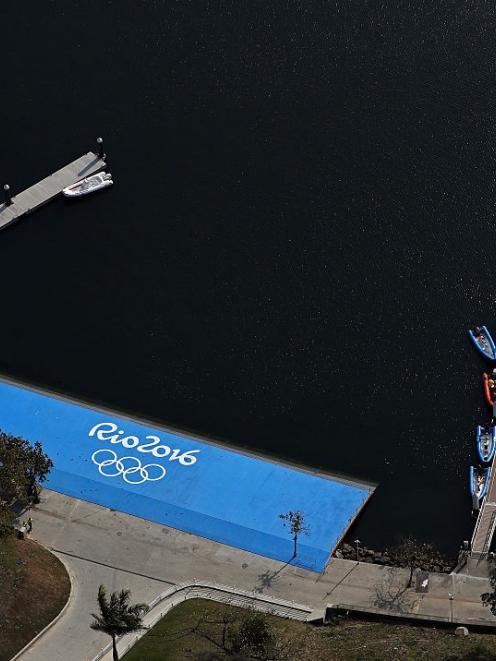
A by-law of the Olympic Charter, which states the series of complex rules, is nothing new but just days after they failed to ban the Russian team from Rio following the revelation of the country's state-sponsored doping programme, some of its contents are a further potential embarrassment to the International Olympic Committee.
Known as 'Rule 40', the by-law is designed to protect the intellectual property of official Olympic sponsors such as Coca-Cola, McDonalds and Panasonic who have paid significant sums of money to be associated with the Games. It states only approved Olympic sponsors can refer to what they call 'Olympic-related terms' between July 27 and August 24.
The IOC say 'Olympic-related terms' include the words 'Rio', 'gold', 'silver', 'bronze', 'medal' and even 'victory'.
While non-official Olympic partners have been warned over using such terms on social media, sporting brands in the same category have also been told they must not pass on messages of good luck to their athletes competing in Rio.
Such companies are barred from retweeting their athletes' views on Twitter and any Team GB member in breach of these strict regulations faces possible sanctions.
In the most extreme case, that could include losing a potential medal gained over the course of the next few weeks.
Rule 40 has actually been relaxed since London 2012 but the strict laws surrounding sponsorship and social media pale into insignificance against the broader picture of this summer's Games.
The next few weeks are set to be accompanied by a sideshow of criticism over Russia's involvement in the Games after the IOC controversially failed to implement a blanket ban on their athletes.
Explaining Rule 40, US Olympic Committee chief marketing officer Lisa Baird said: 'Commercial entities may not post about the Games on their corporate social media accounts.
'This restriction includes the use of trademarks in hashtags such as #Rio2016. We need to give sponsors exclusivity to our intellectual property.'
Companies who are not Olympic sponsors are able to support their athlete and vice-versa, but only if they don't mention the competition or any 'Olympic-related terms' directly.
Explaining the farcical nature of the rules, Baird said: 'Athletes can generically say, "Thank you for your support" during the Games.
'But a company that sells a sports drink certainly can't post something from the Games on their social media page or website. They're doing nothing but using the Olympics to sell their drink.'
The Olympics has a long list of worldwide and official partners but Rule 40 will particularly apply to sporting brands such as adidas, Nike and Under Armour.
A huge number of athletes in action in Rio have sponsorship deals with such companies but both parties must be mindful of what they can and cannot say on Twitter, Facebook and other platforms over the course of the next fortnight or so.
Individual Olympic committees are responsible for making sure the regulations are adhered to by members of their travelling party. Team GB informed their athletes of the rules in December.
'OLYMPIC-RELATED TERMS' UNDER THE IOC'S 'RULE 40'
2016
Rio/Rio de Janeiro
Gold
Silver
Bronze
Medal
Effort
Performance
Challenge
Summer
Games
Sponsors
Victory
Olympian
Olympic
Olympic Games
OFFICIAL OLYMPIC SPONSORS
Worldwide Olympic Partners:
Coca-Cola
Atos
Bridgestone
DOW
GE
McDonalds
Omega
Panasonic
P&G
Samsung
Visa


